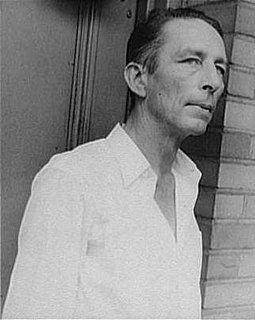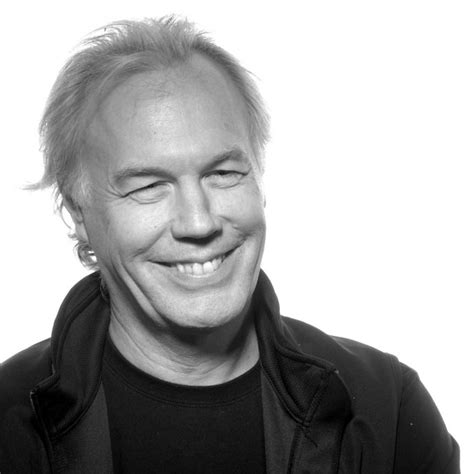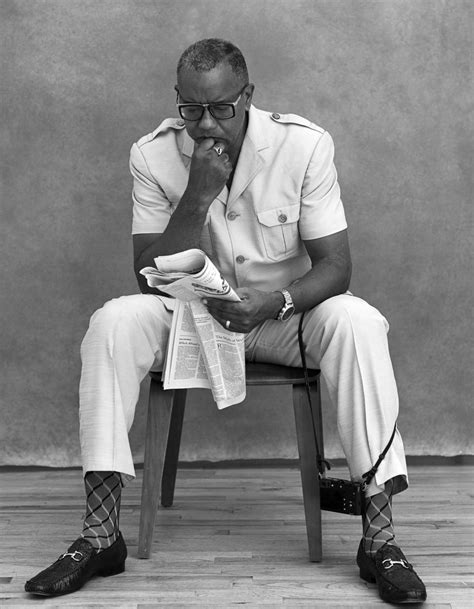A Quote by Baruch Spinoza
I would warn you that I do not attribute to nature either beauty or deformity, order or confusion. Only in relation to our imagination can things be called beautiful or ugly, well-ordered or confused.
Related Quotes
While almost all men feel an attraction drawing them to society, few are attracted strongly to Nature. In their reaction to Naturemen appear to me for the most part, notwithstanding their arts, lower than the animals. It is not often a beautiful relation, as in the case of the animals. How little appreciation of the beauty of the landscape there is among us! We have to be told that the Greeks called the world Kosmos, Beauty, or Order, but we do not see clearly why they did so, and we esteem it at best only a curious philological fact.
Those who find ugly meanings in beautiful things are corrupt without being charming. This is a fault. Those who find beautiful meanings in beautiful things are the cultivated. For these there is hope. They are the elect to whom beautiful things mean only Beauty. There is no such thing as a moral or an immoral book. Books are well written, or badly written. That is all.
The task of art is to take hold of the shining, the radiance, the manifestation, of that which as spirit weaves and lives throughout the world. All genuine art seeks the spirit. Even when art wishes to represent the ugly, the disagreeable, it is concerned, not with the sensory - disagreeable as such, but with the spiritual which proclaims its nature in the midst of unpleasantness. If the spiritual shines through the ugly, even the ugly becomes beautiful. In art it is upon a relation to the spiritual that beauty depends.
The scientist does not study nature because it is useful to do so. He studies it because he takes pleasure in it, and he takes pleasure in it because it is beautiful. If nature were not beautiful it would not be worth knowing, and life would not be worth living. I am not speaking, of course, of the beauty which strikes the senses, of the beauty of qualities and appearances. I am far from despising this, but it has nothing to do with science. What I mean is that more intimate beauty which comes from the harmonious order of its parts, and which a pure intelligence can grasp.
[K]now that however ugly the parts appear the whole remains beautiful. A severed hand Is an ugly thing, and man dissevered from the earth and stars and his history... for contemplation or in fact... Often appears atrociously ugly. Integrity is wholeness, the greatest beauty is Organic wholeness, the wholeness of life and things, the divine beauty of the universe.
The experience of beauty is in the eye of the beholder, as they say. The artist's relation to the object of beauty, how the art makes that happen, is a whole other subject. Beauty is an event. Beauty is something that happens. There is no such thing as a beautiful object or a beautiful woman. These things do not come near it - the experience of beauty, the event of beauty. The anxiety about it is what makes it such a central concern of culture and makes us so interested in it.
A man-made thing that produces pleasure (and criticism) by somehow taping into the order of the universe is beautiful. Making beautiful things makes our lives worthwhile. My teacher, and one of the founders of the Pratt industrial design program, Rowena Reed Kostellow, said, "Pure, unadulterated beauty should be the goal of civilization." From a pragmatic point of view, for something to be beautiful, it has to work. In order to make this idea clearer I have combined the ideas of beauty and function into one word: Beautility.
Our bread need not ever be sour or hard to digest. What Nature is to the mind she is also to the body. As she feeds my imagination, she will feed my body; for what she says she means, and is ready to do. She is not simply beautiful to the poet's eye. Not only the rainbow and sunset are beautiful, but to be fed and clothed, sheltered and warmed aright, are equally beautiful and inspiring. There is not necessarily any gross and ugly fact which may not be eradicated from the life of man.








































